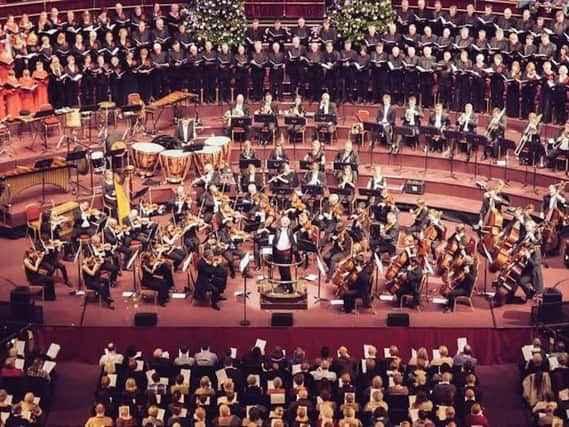Classical Chat: Overtures to get things started


And over the years composers have found the perfect way to get things started: a good overture.
Generally speaking, overtures come in two forms. First there are the ones from the opera house; short pieces of music played by the orchestra to get the audience in the mood before the curtain rises. Sometimes composers cleverly pack the overture with ideas and themes which will be heard later, to introduce them.
Advertisement
Hide AdAdvertisement
Hide AdThen there are concert overtures, pieces played before symphonies and concertos and often on a literary or artistic subject.
Overtures come in all sorts of forms, so here are a few which show off what can be done.
Mozart: Don Giovanni Overture. The ultimate musical rush job, this was (astoundingly) composed the night before the opera’s premiere. It’s a perfect scene setter: dark, atmospheric and brooding, drawing the audience into the tragedy about to unfold on stage.
Rossini: William Tell Overture. Opening music in the opera house tended to be quite dramatic in the 19th century as audiences were distinctly less quiet and reverent than they are now. One attention-grabber is the blood-curdling gallop best known as the Lone Ranger theme, which Rossini builds from quiet cello music.
Advertisement
Hide AdAdvertisement
Hide AdTchaikovsky: 1812 Overture. Instantly-recognisable piece. The thundering brass, booming cannons and ringing bells to celebrate the defeat of Napoleon provide some of classical music’s most thrilling moments.
Berlioz: Roman Carnival Overture. Berlioz was a master at conjuring up unusual ideas, such as the cor anglais solo in this.
Bernstein: Candide Overture. A bright and breezy slice of Americana perfectly poised somewhere between Hollywood glitz and the concert hall, with supercharged writing for brass in the faster sections.